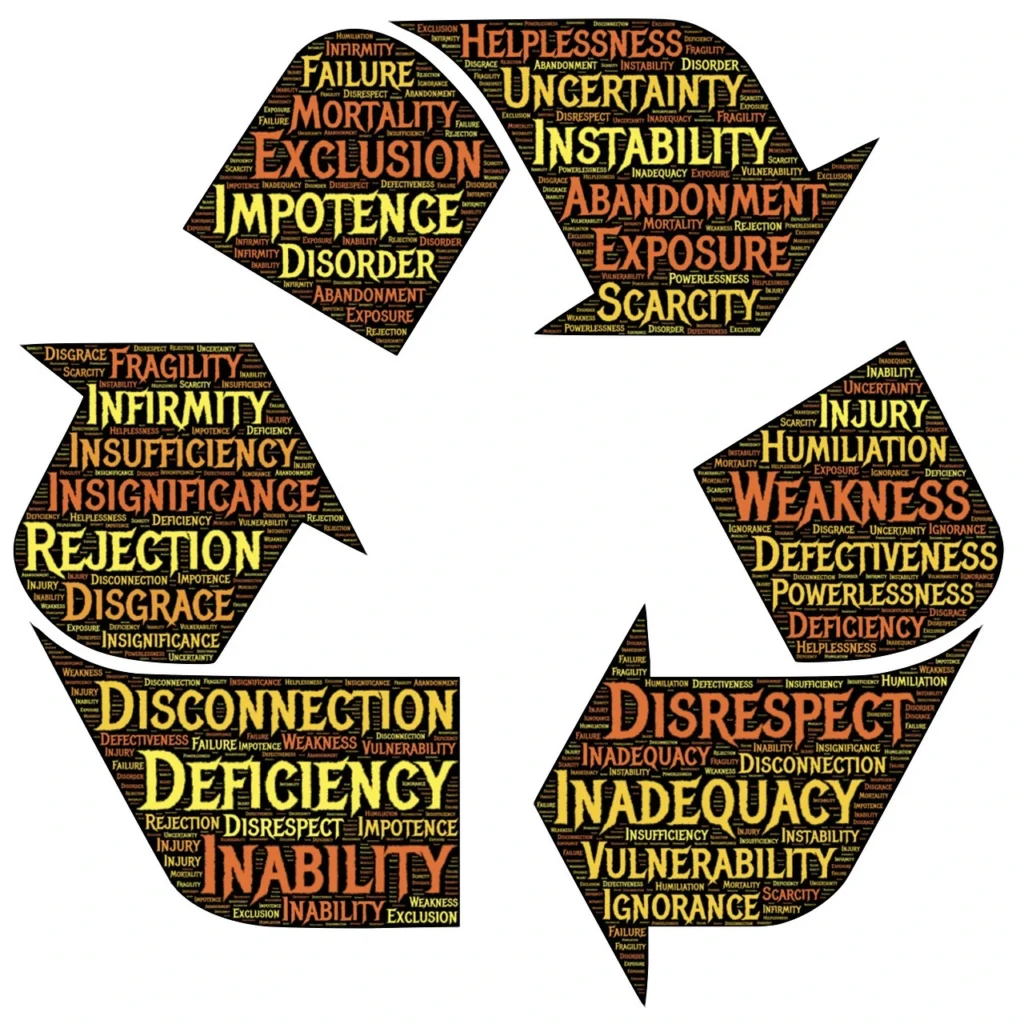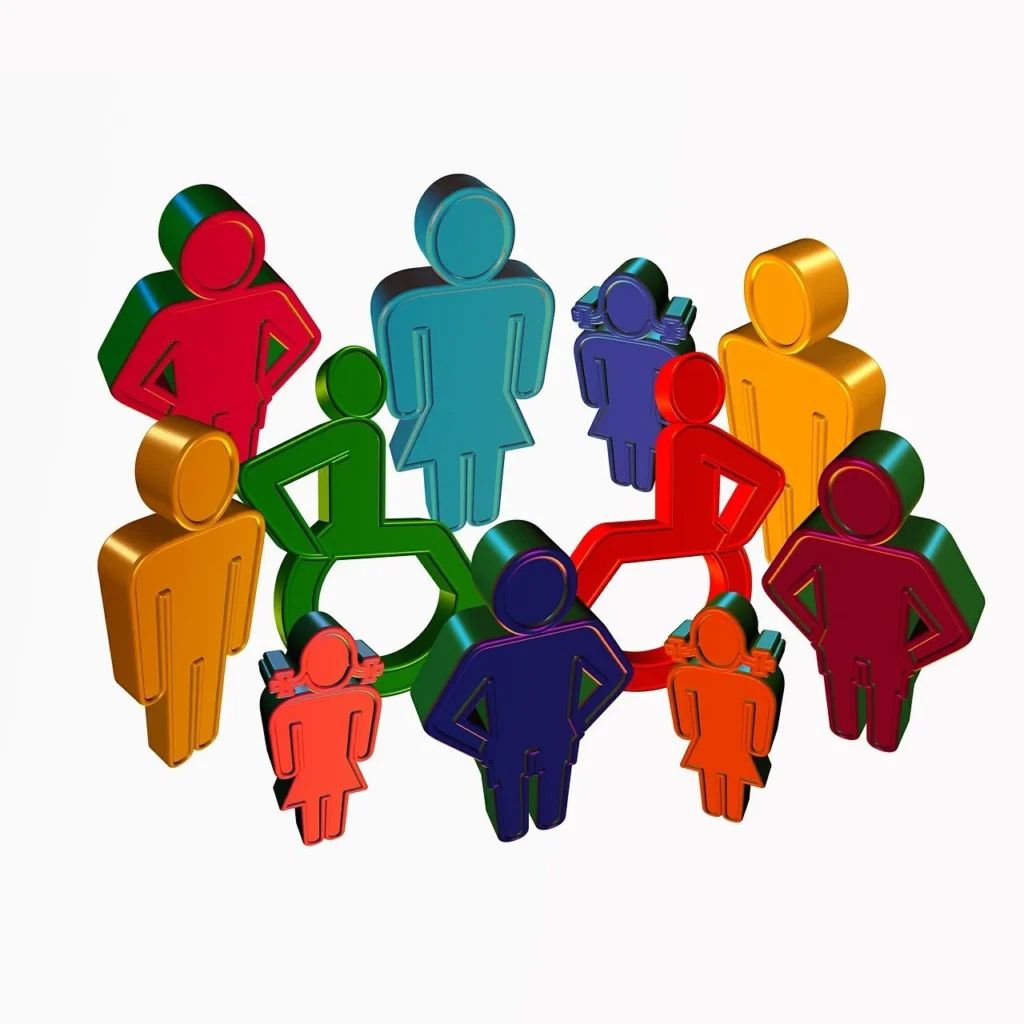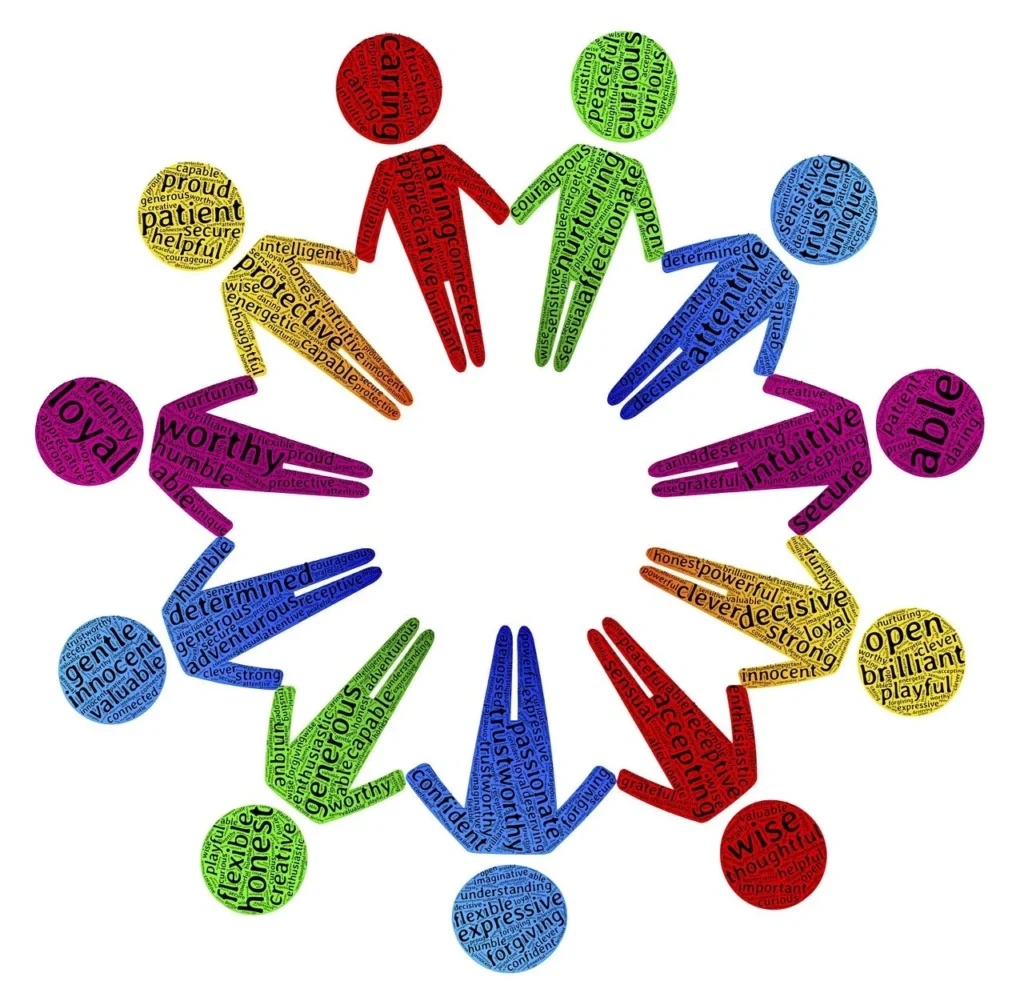The Power of Language in Shaping Perceptions
Every syllable, every prefix carries weight, conveys meaning, and shapes our perception. For many, the prefix ‘Dis-’ might seem innocuous, but for individuals like myself living with a disability, its implications are profound, often laden with unconscious negativity.
Consider the array of ‘dis-’ words—disabled, disillusioned, disappointed, disenfranchised. They permeate our language, subtly projecting a sense of inadequacy, deficiency, or disconnection. It’s a linguistic framework that, though not explicitly intended, perpetuates a narrative of insufficiency. As a person with a disability, hearing these words repeatedly can evoke an internal ‘ugh’—a feeling of being misrepresented, misunderstood, or relegated to a lesser status.
The impact of these terms is not confined to mere semantics; it creates a subconscious barrier, an invisible but tangible division between individuals. There’s an instinctive recoil, a tendency to turn away from or diminish the significance of what follows the ‘dis-’ prefix, inadvertently casting a shadow on the potential, abilities, and uniqueness of individuals like me.


Instead of perpetuating this unintentional bias, a simple shift in vocabulary offers a powerful alternative. Why not embrace terms like ‘challenged’? This word doesn’t strip away the essence of the difficulty or obstacle but acknowledges the strength, resilience, and adaptability inherent in facing these challenges. As a person who encounters physical hurdles, ‘challenged’ accurately reflects the situation without implying any sense of inferiority. It exemplifies the journey of adaptation, problem-solving, and a different yet equally valuable way of navigating the world.
This transformation doesn’t demand rigid rules or institutional changes; rather, it requires a collective mindfulness and a conscious effort to reframe our language over time. By consciously choosing alternative, empowering terms, we can gradually phase out the unconscious negativity embedded in our vocabulary.
This paradigm shift goes beyond mere semantics; it’s about altering perceptions and dismantling subconscious barriers. It’s about recognizing and celebrating the diverse strengths, capabilities, and accomplishments of individuals irrespective of their physical differences.
As a person with a disability, I don’t seek pity or special treatment. What I yearn for is acknowledgment, respect, and a language that reflects the richness of my experiences and capabilities. I am not ‘less than’; I am differently-abled, challenged by circumstances that I continuously adapt to and overcome. My existence, like many others with disabilities, is not defined by limitations but by an unwavering spirit to thrive and contribute.
In essence, this linguistic shift is a step toward a more inclusive, understanding society—one that sees beyond labels and fosters an environment where diversity is celebrated, and every individual, regardless of physical abilities, is valued for their unique contributions to the world.
The change begins with a word, a prefix—let it be the catalyst for a broader, more inclusive dialogue and a more compassionate, accepting world.


